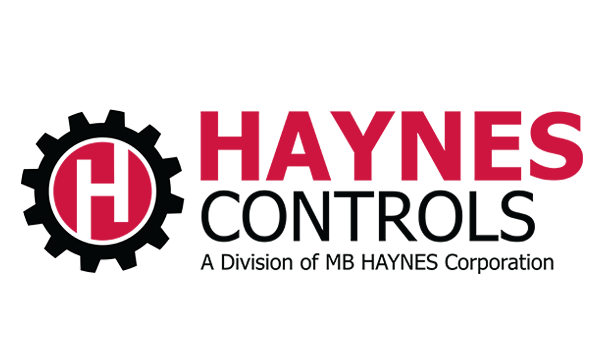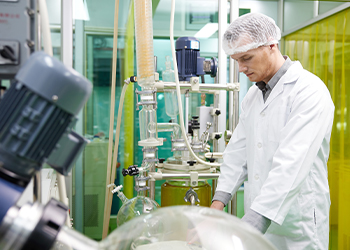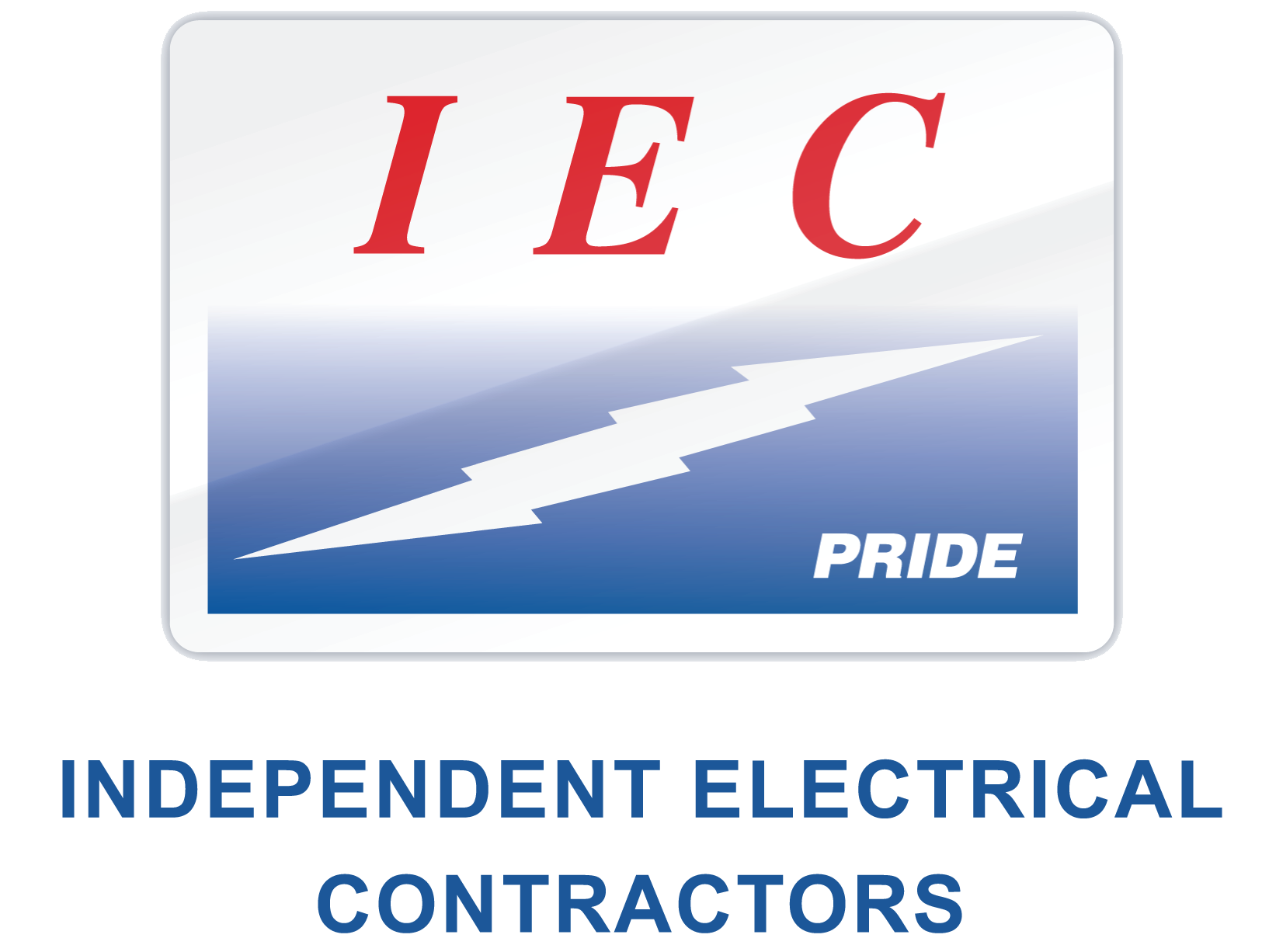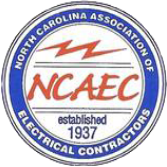
Research Laboratories
 The utilization of electrical control panels in research laboratories plays a crucial role in ensuring the efficient and safe operation of various scientific experiments and processes. These control panels are sophisticated systems designed to manage and monitor electrical components, instrumentation, and devices within the laboratory environment. Here are some key aspects to consider:
The utilization of electrical control panels in research laboratories plays a crucial role in ensuring the efficient and safe operation of various scientific experiments and processes. These control panels are sophisticated systems designed to manage and monitor electrical components, instrumentation, and devices within the laboratory environment. Here are some key aspects to consider:
- Experiment Control and Automation: Electrical control panels are instrumental in automating and controlling experiments. They integrate with various scientific instruments and devices, allowing researchers to program and monitor experimental parameters such as temperature, pressure, and timing. This automation not only enhances the precision of experiments but also facilitates consistency and repeatability.
- Safety and Emergency Shutdown: Laboratories often deal with sensitive and potentially hazardous materials. Electrical control panels are equipped with safety features and emergency shutdown systems to ensure the protection of researchers and the laboratory itself. In case of abnormal conditions or emergencies, these panels can swiftly cut power to specific equipment or the entire system to prevent accidents.
- Data Acquisition and Monitoring: Modern electrical control panels are designed to incorporate data acquisition systems. Researchers can monitor real-time data from various sensors and instruments. This capability is crucial for observing trends, identifying anomalies, and making real-time adjustments during experiments.
- Power Distribution and Energy Efficiency: Control panels are responsible for distributing power to different laboratory equipment. They manage the energy flow efficiently, ensuring that each instrument receives the required power without overloading the system. This contributes to energy conservation and reduces the risk of electrical failures.
- Integration with Building Management Systems: In larger research facilities, electrical control panels often integrate with building management systems. This integration allows for centralized monitoring and control of various systems, including lighting, HVAC (heating, ventilation, and air conditioning), and security. This holistic approach enhances overall operational efficiency and resource management.
- Customization for Specific Research Needs: Research laboratories have diverse requirements based on the nature of experiments being conducted. Electrical control panels are often customizable to accommodate the specific needs of different research projects. This adaptability ensures that the control system aligns perfectly with the unique demands of the experiments.
- Remote Monitoring and Control: Some advanced electrical control panels support remote monitoring and control capabilities. Researchers can access and control the laboratory equipment from a distance, providing flexibility and enabling experiments to be conducted around the clock without the need for constant physical presence.
- Compliance with Standards and Regulations: Electrical control panels in research laboratories must comply with industry standards and safety regulations. Adherence to these standards ensures that the equipment is designed and installed in a manner that prioritizes the safety of researchers, protects the environment, and meets legal requirements.
In summary, the use of electrical control panels in research laboratories is pivotal for ensuring the smooth operation, safety, and efficiency of scientific experiments. These systems contribute significantly to advancing research capabilities by providing precise control, data acquisition, and automation features tailored to the specific needs of diverse scientific investigations.
Our Industries
- Agricultural Industry
- Automotive Manufacturing
- Chemical Laboratories
- Chemical Processing Industry
- Data Centers
- Educational Institutions
- Entertainment and Broadcasting Industry
- Food and Beverage Processing Industry
- Manufacturing Industry
- Medical Equipment Manufacturing Industry
- Mining and Minerals Processing Industry
- Oil and Gas Industry
- Pharmaceutical Manufacturing Industry
- Pulp and Paper Manufacturing Industry
- Rail Transportation Industry
- Renewable Energy Industry
- Research Laboratories
- Telecommunications Industry
- Textile Industry
- Transportation Industry
- Water and Wastewater Treatment
- Controls Services MAIN PAGE >












